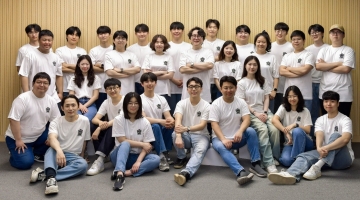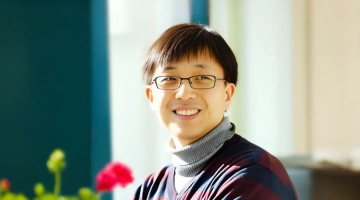
〈Professor Myoungsoo Jung’s Research Team 〉 Professor Myoungsoo Jung’s rese...

Research Goals and Vision
The computer architecture research at the KAIST School of Electrical Engineering aims to design the next generation of computer hardware and software systems and its interface for current and emerging application domains like Artificial Intelligence (AI). This research area focuses on optimizing the organization of computer architecture and systems, ease of programming, and system performance. The advancement in computer architecture has led to the design of next-generation computer systems that enable the execution of entirely new forms of applications. For example, AI technology, which is revolutionizing many fields in the IT industry, has been made practical by AI semiconductor technologies such as Graphics Processing Units (GPUs) and Neural Processing Units (NPUs), the achievement of which are made possible by innovative research results in the field of computer architecture.
Key Research Areas
Processor Design
Memory and Storage Systems
Neural Network Accelerators
Interconnection Networks
Quantum and Neuromorphic Computing
Recent related activities in Computer Architecture
See below for specifc ongoing research topics related to Computer Architecture of KAIST EE.




Copyright ⓒ 2015 KAIST Electrical Engineering. All rights reserved. Made by PRESSCAT
Copyright ⓒ 2015 KAIST Electrical Engineering. All rights reserved. Made by PRESSCAT
Copyright ⓒ 2015 KAIST Electrical Engineering. All rights reserved. Made by PRESSCAT
Copyright ⓒ 2015 KAIST Electrical
Engineering. All rights reserved.
Made by PRESSCAT